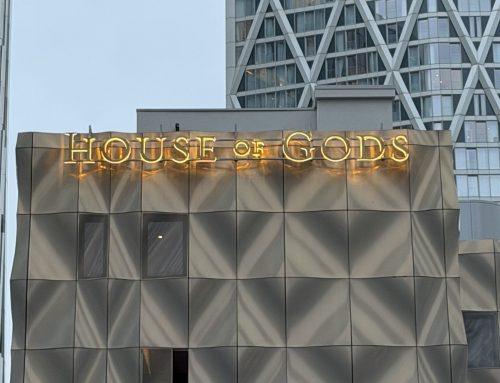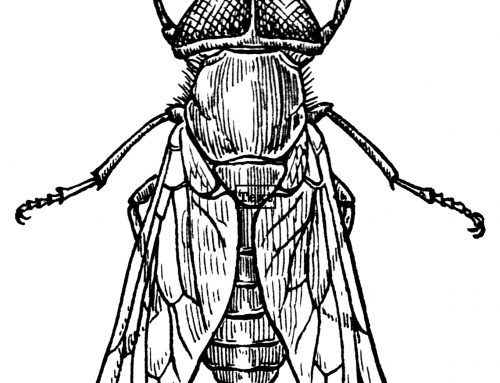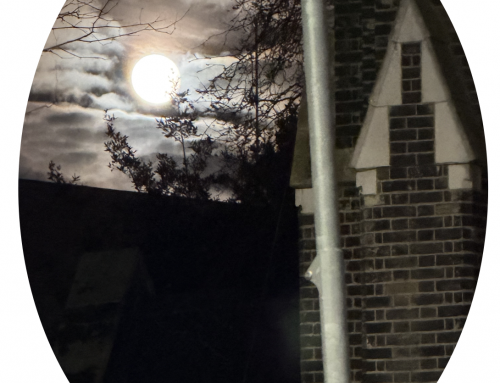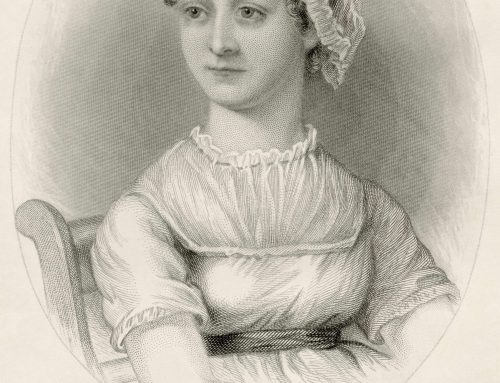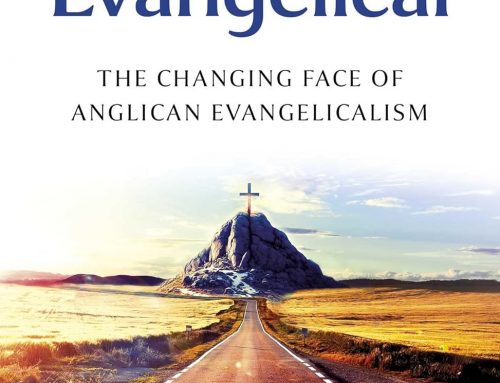So how might the Church keep up?
Keven Hall
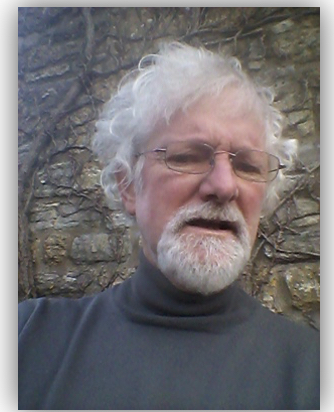
Dr. Keven Hall is a Jungian analyst from New Zealand
living and working in London
Matthew Syed in the Sunday Times (09/02/2025), writing of current distain for the institutions of democracy, exhorted western politicians to ‘find courage’. It might be said of church these days that, not just finding courage, but also combatting fears, are present necessities
Why do I write this? It’s all very well to make such exhortations, but how? How to find courage? How to combat fear?
We know that the world is in a more parlous state than ever before with the planet as world village. The likes of climate change, numbers of and more vicious wars, pollution and material greed alongside great poverty, are existential threats. This is well-trodden territory 2,000 years of Christianity, a lot of it Anglican, anchored in Incarnation and therefore a lead context for collateral damage fuelling materialism, unfortunately has contributed to this.
And yet humanity, Homo sapiens, while being largely responsible for such, has always risen to significant challenges
So how might church keep up? Better still, robustly, muscularly, lead out? Where to start in examining this?
In this short essay I offer some thoughts out of my multi-disciplinary experience on what Anglicanism can continue to contribute. And where I think it might need to change .
First, by continuing to highlight the debate about origins. On a lot of fronts Christianity is being assailed. Yet together with important traditions of philosophy (e.g. Ludvig Wittgenstein: it is not how things are in the world that is mystical, but that it exists) and the likes of psychodynamic psychology (as a significant pointer there would seem to be striking examples of key principles in the teachings of Jesus which might make an appellation of Christ as an early psychodynamic reflector appropriate), the fundamental questions about origins are still there to be addressed: what got everything started? why this and not that? If so can this give confidence to believe there is a Christian, even Anglican, contribution still to be made? Surely whatever else might be attached to the notion of wholly Other the primary one would be that of Being, of originations.
Second, just as science continues to go further and further with exploring outer space, also inner space through quantum physics, what about the posited, seemingly endless, depths of the inner space of personality? Take the human worlds of imagination. For instance Frank Herbert’s science fiction Dune work, extraterrestrial adventures which centre around Messiahship, with great focus on the importance of mental as well as physical strength. And any imaginative work that’s involved in artificial intelligence (so-called). Also sciences of dreams, where in sleep we are renewed each night for the new day, in the recent modern era given impetus by Carl Jung and Sigmund Freud. Not just the biological evolution of ourselves as humans, but the inner psychological dynamics that inform such evolving? Depth psychology hand-in-hand with material science and metaphysics. There would still seem to be rich pickings in thinking more intuitively, in imaginative thoughtful ways, about the profoundness of being human.
Third, it’s natural to equate religion, including church, with institutions. Just as we humans have, and need, (skeletal) bodies in order to exist, so spirit needs ‘structures’. Including, fundamentally, moral codes. But religion is only secondarily about morality – majorly important as good morality is as an ultimate goal. How come the question of ultimate existence won’t go away, even in the intellectual secular West? People continue to experience themselves as significant Other (hence Spirit), not just as religious but in philosophizing, the arts, and as science fiction and artificial Intelligence aficionados? Having a personal, focussed relationship with the depths of their inner selves, both in relation to meaning, but also because of experiences of their mental and emotional states, chaos and confusion, doubt and obsessions, paranoia, alongside joy, sensitivity, love, to name just a few. So what do philosophizing, scientific thinking, depth psychology, the arts and religion have in common? Not just encompassing the relative likes of morality, society and consumerism from a substantially conscious perspective but personal relationships with the depths of our beings, our unconscious psychological selves, where inner civil wars so often prevail? There are still riches for explorations here.
Fourth, culture has always taken refuge in the simplicities of the binary. But of course there is great danger of polarization in this. Now there is an explosion of newfound freedom to do with personal thought and expression, through the digital world, social media, rock concerts, influencers, a lot of it about ‘being’, which challenges binaries. Much of it acceptable. But much of it more complex. For example, releasing embodiment of Shadow – our dark often difficult even dangerous selves. Not-niceness. Excessive niceness can engender a temptation to consign the difficult and problematical into the deep, back into the shadows where festering is more likely to occur. But Shadow can be a fount of creativity. A bit of edge can often open things up. The devil, dark angel of the Cosmos, has always had a place amongst the vehicles of deliverance. But having said that, wrong understanding of our shadow selves can create difficulties. Both in small ways, such as risking fear, but also as political despotisms, personal narcissisms and exhibitionisms, which eat away at the fabric of culture and peoples’ inner selves. No wonder it is tempting to sink into fundamentalist and literalistic binary thought and categories in the face of such challenges. But never has there been greater need for inner strength, mental and disciplined emotional strength. With some certainties, polarities, as anchors of course
This is where church might still be able to be more present. How might it further engage in a vigorous renewal using subtle prioritizing of intelligent interconnectedness of opposites rather than coming across as fearful, even paralyzed, hiding behind too great certainties. This might need more brave and muscular facing into doubt, oppression and confusion, a kind of kaleidoscopic world, but surely complex truth and subtle reality must trump an excess of simplicity and niceness.
So how might this come into greater focus?
Anglicanism, guided by Richard Hooker’s 3 sources of authority: scripture, tradition and reason, helpfully imaged as a holy 3-legged stool, and together with its history of embodying both Catholic and Protestant spiritualities, is at its best when it grounds itself in deep contemplation into inner darkness alongside energetic muscular public presence and action, where enchanted affection (the Universe as love) is accessed and played out as the inner fount of sensate experience, knowledge, emotion and imagination. The world of wordless, image-less, ultimate stillness informed by Word. As counterbalance to the endlessly often manic yet fascinating worlds of time and space. Best practiced where two or three are congenially gathered together
Might it still be that the parlous state of a planet in agony might be fundamentally addressed by more other-worldly self-giving and robust, even tough, love? Undergirded by honesty decency and truth – with a bit of edge
In a universe conceived in love, born and continuing in enchanted affection. For the meaningfulness and enjoyment of the simple things of life, close to healthy mother nature
Keven Hall
May 2025

